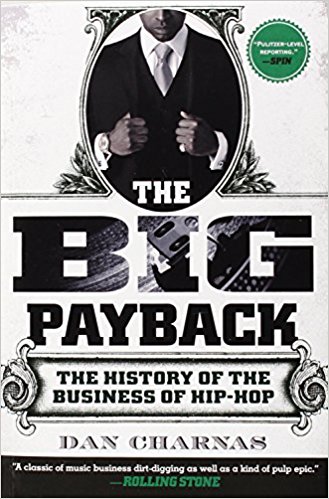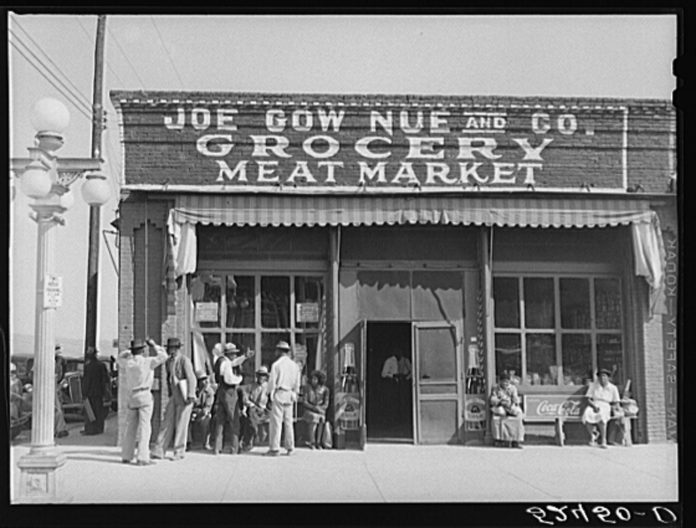As described in The Big Payback, an extremely thorough chronicle of the hip-hop industry, Tommy Quon was a Chinese-American from Greenville, Mississippi. He owned and sold several night clubs and DJed before becoming manager of notorious hip-hop/pop cross over act Vanilla Ice.

Like many other instances reading this book, the information from the most recent page and a half I just read was too overwhelming. 1. Why is there a significant Chinese community in Mississippi? 2. Vanilla Ice blew up in the motherfucking South before becoming a national sensation…
SWAY. HOW?
A 3-second Google search led me to Mississippi History Now. Apparently, White farmers were looking for labor replacements after the Civil War during the short-lived Reconstruction period (1865-1877). Chinese peasants and artisans from a southern Chinese district called Sze Yap, known for being connected to foreign traders, immigrated to the United States in search of work. With the goal of quick economic growth to support family back home, the first Chinese laborers in Mississippi soon realized plantation work didn’t pay great—’bout 200 years late on that one, said their Black neighbors.
With what little money they had, some of the Chinese immigrants started opening small grocery stores in the late 1870s and early 1880s. Racial categorization was extremely rigid in the 19th century, so the Chinese were thrown into the “non-White” category. However, their status as a community of merchants, along with their distinct cultural differences, protected them from much of the racism Black Mississippians received. With this privileged status, they served as primary suppliers of goods to the Black community, and were often middlemen in dealings between Blacks and Whites. They made their own lane and were respected by the rest of the Delta community.
Given this long history of Chinese Southerners being able to maneuver between Black and White folks, you could say the success of Tommy Quon in the hip-hop world was simply a version of a life that was already in his blood.
Yeah, the image he tried to give Vanilla Ice was whack. And it didn’t take long for Ice to go from best-selling hip-hop artist of all time to being the punchline to his own joke of a career. But to think that such a comical hip-hop figure once captured the ears of Americans across all racial groups at one point in time really says something about the culture: if you know how to communicate within the culture, you could appeal to anyone.
Tommy Quon’s social experience in the United States has a key part that many can relate to. There was a necessity to fluidly interact with both Black and White people. There are millions of people who, consciously or not, are completely bought into the strict understandings of what it means to be Black or White. However, an increasing number of Americans are realizing that cultural identity, psychographics rather than demographics, are stronger identifying factors. Tommy Quon and Chinese Mississippians mirror the early success of Vanilla Ice, people that knew the culture well enough to have crossover appeal on the racial spectrum.
Like White Canadian producer Murda Beatz or Indonesian rapper Rich Chigga, Quon is another great example of cultural identity beating racial identity in the world of hip-hop. It isn’t wholly above racial issues, but hip-hop culture gives music, fashion, brands, and people the chance to be appealing across racial lines. The fact Quon was active in the 1990s only goes to show hip-hop culture has always had this cross-racial potential.
Quon and Vanilla Ice did not have longevity, but their short time at the top of hip-hop proved a lot about the culture’s unique ability to overcome race and get people to buy into shit.
